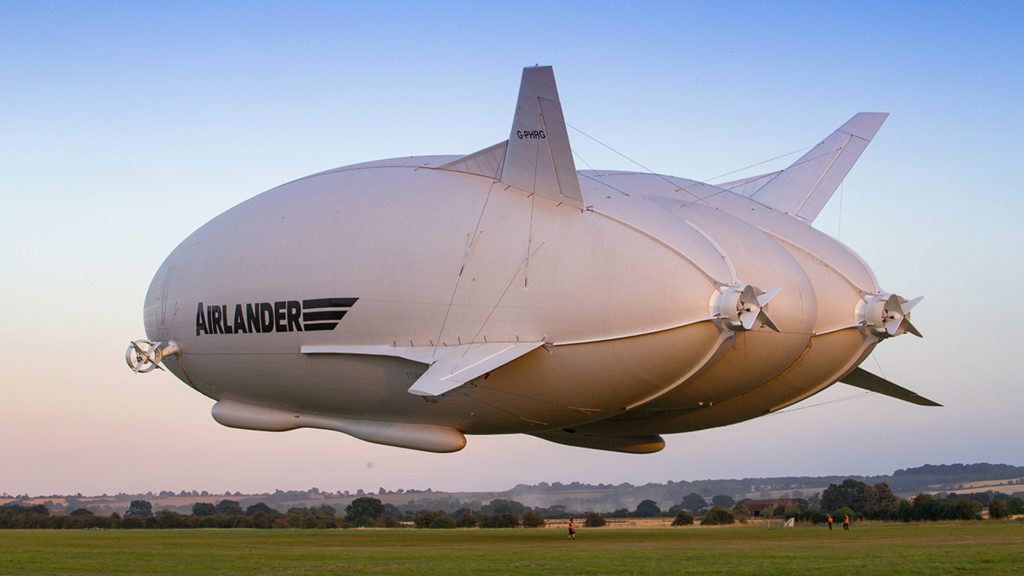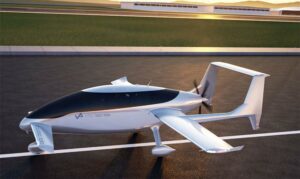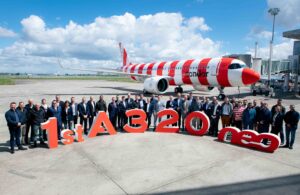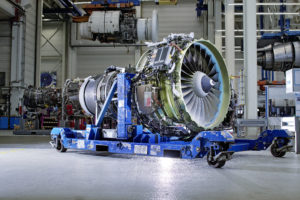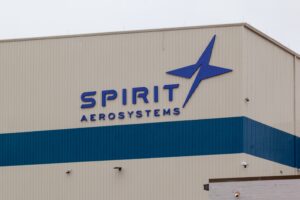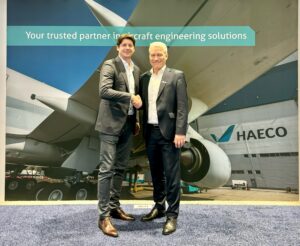A partnership of Hybrid Air Vehicles (HAV), Collins Aerospace, and the University of Nottingham (UoN) has won grant funding in excess of £1m from the UK Aerospace Research and Technology Programme to develop electric propulsion technologies using Airlander 10 as the initial platform.
The project, named E-HAV1, will deliver a full-sized prototype 500kW electric propulsor for ground testing and technologies ready for future productionisation. These technologies will be directly applicable to a future Airlander 10, with the goal of replacing its fuel-burning forward engines as the first step towards an all-electric version of the aircraft.
Utilising a combination of buoyant lift from helium, aerodynamic lift, and vectored thrust, Airlander 10 already operates with a significantly lower fuel burn than other aircraft of similar capability. The integration of electric forward propulsors will increase this advantage. Airlander 10’s ability to support a broad range of activities from passenger travel to fisheries protection makes it the ideal platform for pioneering electric propulsion in civil aircraft.
Project E-HAV1 will address key goals of the UK Aerospace Technology Strategy: strengthening the UK’s aerospace capabilities, positioning the UK for developing future generations of civil aircraft, and advancing a new generation of efficient propulsion technologies. Each of the three partners is a leader in their sector: HAV in whole-aircraft design capability, Collins in electric power system development, and UoN in electric propulsion research and testing.

